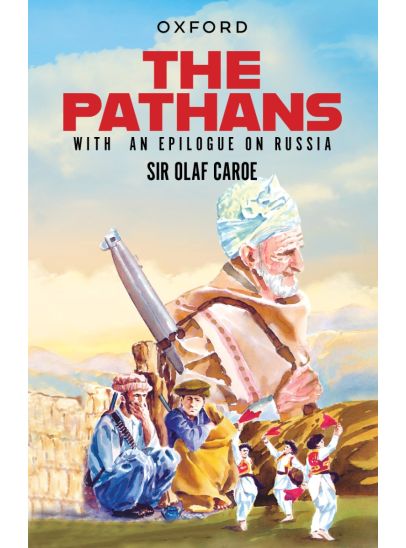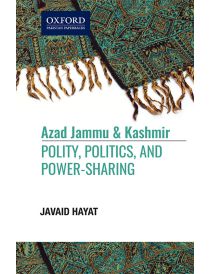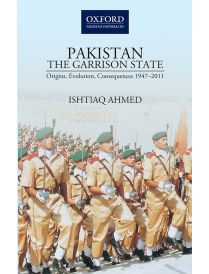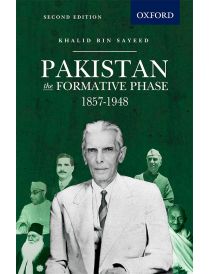The Pathans
The Pathans by Sir Olaf Caroe is a comprehensive and authoritative work on the social and political history of the Pathans, a prominent ethnic group in the regions of Afghanistan and Pakistan. Spanning over 2,500 years, this book meticulously traces the origins, culture, and historical developments of the Pathans from 550 BC to AD 1957. Caroe, a former British administrator and scholar, brings a unique perspective to the study of the Pathans, combining his deep respect and affection for the people with a scholarly approach. The book delves into the intricate dynamics of Pathan society, their tribal structures, and their interactions with various empires and colonial powers. It also explores the Pathans’ enduring spirit of independence and their significant role in the geopolitical landscape of South Asia. Caroe’s The Pathans is at once a classic and contemporary book. It is—with its Epilogue—essential reading for anyone interested in recent developments in Afghanistan and Pakistan. With its detailed narrative and insightful analysis, The Pathans is considered a classic in the field of ethnographic and political studies. The book includes an epilogue written shortly before Caroe’s death, reflecting on recent events in Afghanistan and their implications for the Pathans. Essential reading for anyone interested in the history and culture of this resilient and influential group, The Pathans remains a seminal work that continues to inform and inspire scholars and general readers alike.
 Rights
World
Rights
World
 Year of Publication
2025
Year of Publication
2025
 Binding
Paperback
Binding
Paperback
 Pages
558
Pages
558




 Bulk Order
Bulk Order Request a Quote
Request a Quote


